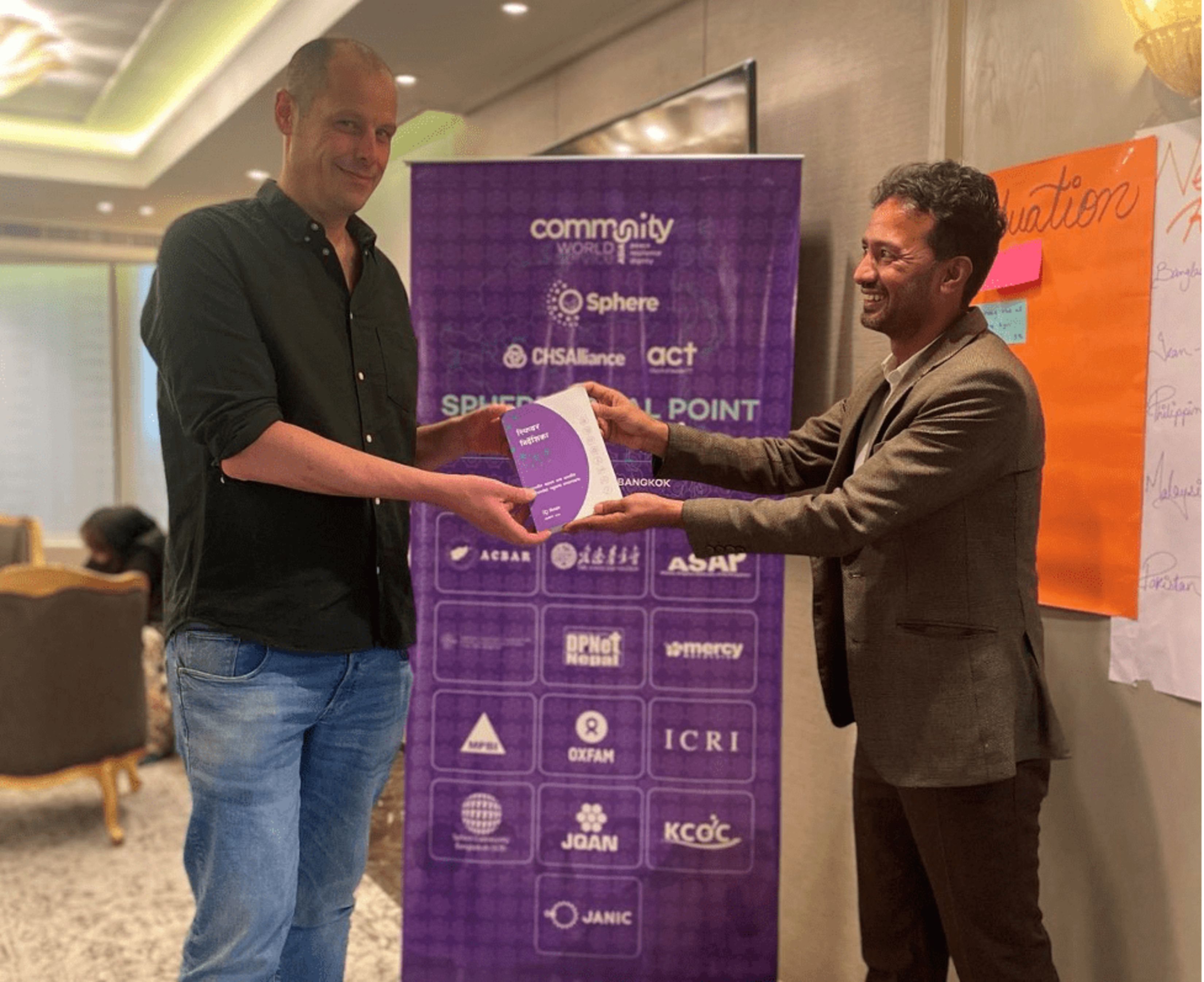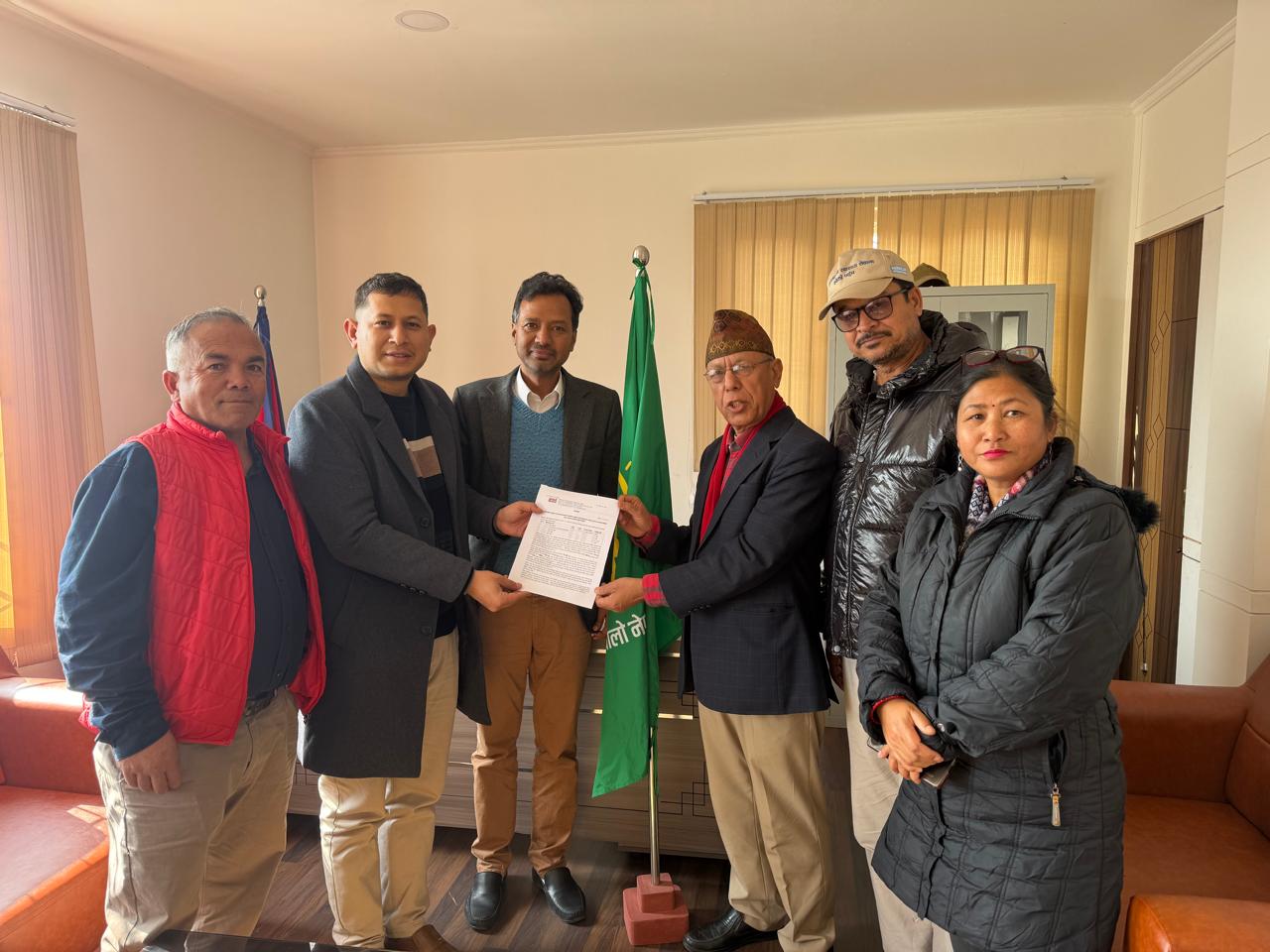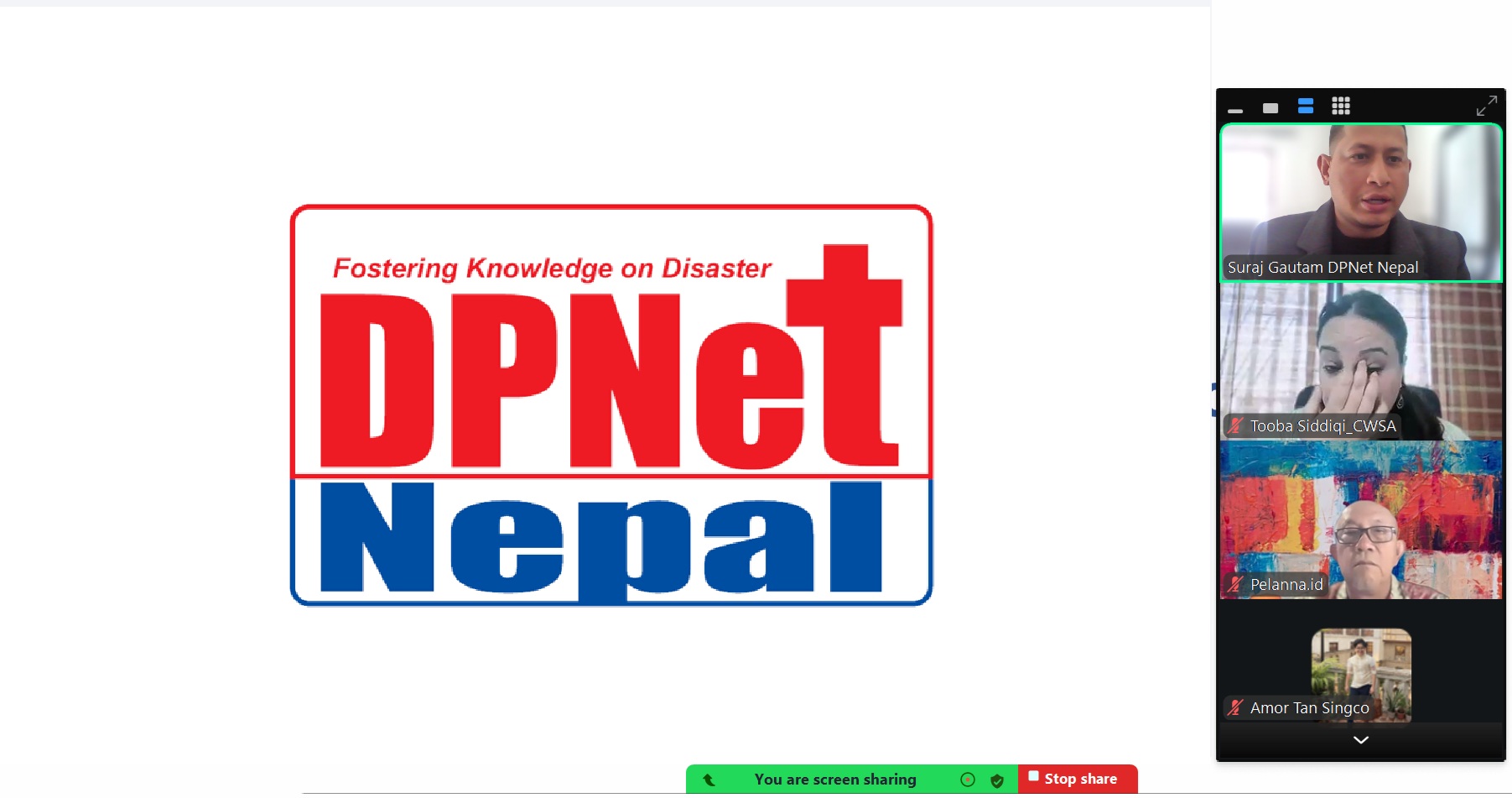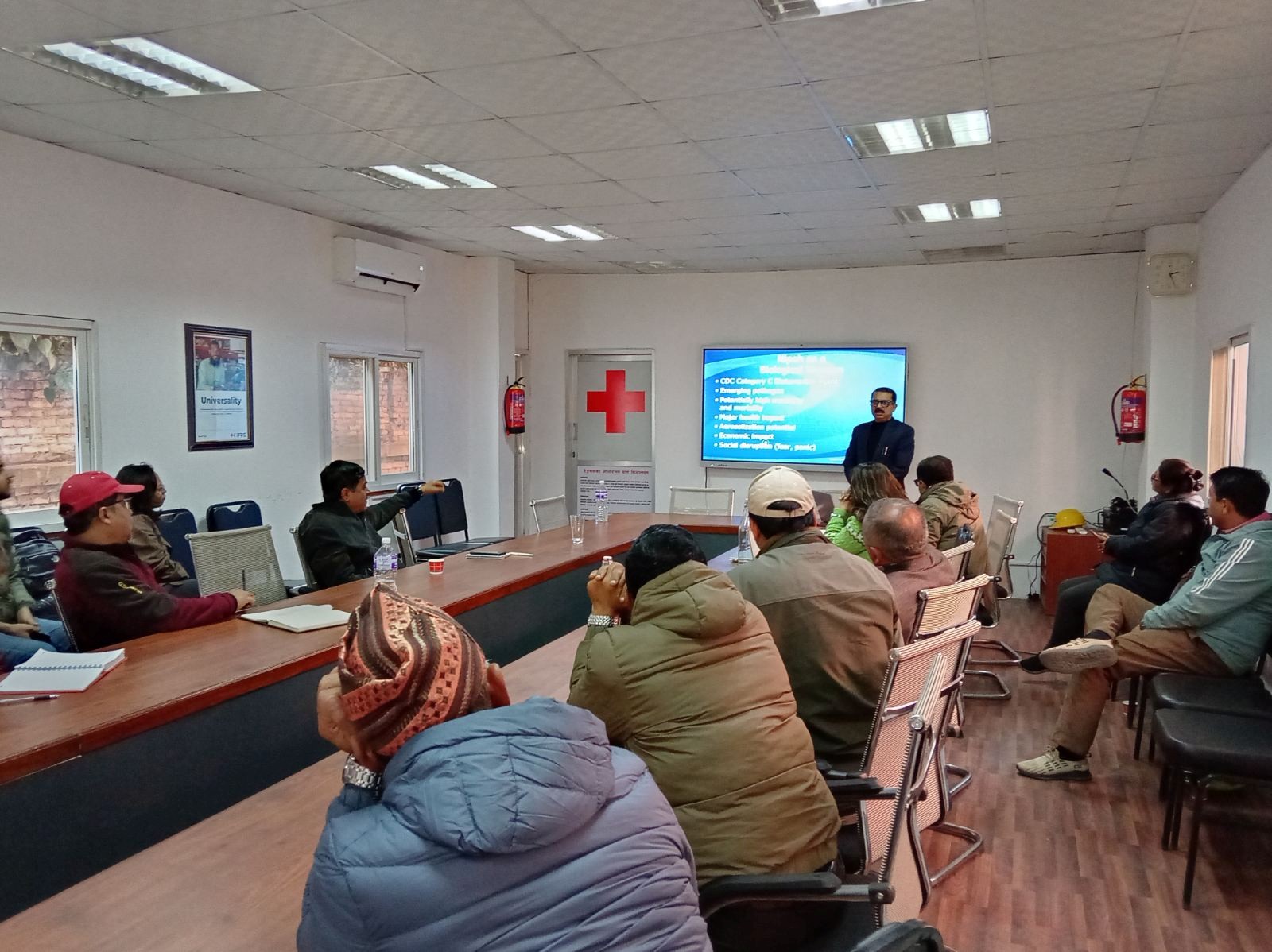Nepal Successfully Localizes Sphere Standard with Massive Efforts and Innovative Techniques

Sphere Regional Focal Point meeting was held in Bangkok from 4th to 9th Decemer 2022, where the DPNet Vice Chair and Coordinator of Sphere Nepal shared Nepal's tremendous efforts in localizing and institutionalizing Sphere Standards. The meeting was attended by various regional focal points who were impressed by Nepal's success in implementing Sphere Standards.
As the Sphere focal point and Secretariat of the National Platform for Disaster Risk Reduction, DPNet worked closely with the Government of Nepal to institutionalize and localize Sphere Standards in Nepal. One of the remarkable achievements was the integration of Sphere Standards into the Ministry of Federal Affairs and General Administration's (MoFAGA) Disaster Risk Management Localization Manual through collaboration with government actors. The manual includes an exclusive module on Sphere Standards, which demonstrates Nepal's commitment to ensuring effective disaster management and high-quality humanitarian assistance.
In 2022, MoFAGA organized massive Disaster Risk Reduction (DRR) localization training, which was conducted in all 753 local governments. Over 19,500 new local people representatives and staff were trained on various DRR issues, including Sphere Standards. The training helped overcome language barriers, as DPNet translated not only the Sphere Handbook but also the Minimum Economic Recovery Standards (MERS), the Minimum Standard for Market Analysis (MiSMA), and the Humanitarian Inclusion Standards for older people and people with disabilities (HIS) into Nepali. The translation process involved consultations with over 3,000 experts and organizations.
DPNet also used innovative communication techniques, such as folk songs and dramas, to raise awareness and convince local people of the value of Sphere minimum standards. This approach was contextually specific and contributed to the success of the program. DPNet's good coordination and networking skills and collaboration with government actors were also instrumental in the program's success.
DPNet's translation and dissemination program for the 2018 edition of the Sphere Handbook was notable for its vast scale and array of outcomes. The program resulted in the printing and distribution of 2,500 copies of the Handbook to all 753 local government offices in Nepal and over 400 DRR trainers.
Moving forward, DPNet will continue to collaborate with government actors and study the impacts of widespread adoption of the 'Sphere Approach' at the field level. The successful implementation of Sphere Standards in Nepal serves as a shining example for other countries to follow. The Sphere secretariat thanked the DPNet team for DPNet passion and perseverance in bringing Sphere and its partner standards to every corner of Nepal. In the meeting other regional focal points also expressed their interest in Nepal's efforts and congratulate Nepal on its successful localization of Sphere Standards.











